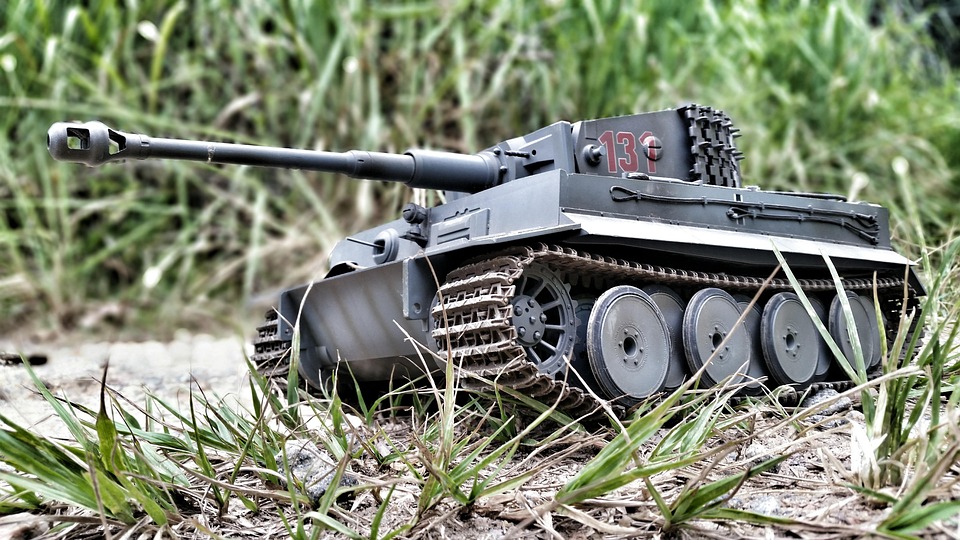In the ever-evolving landscape of competitive gaming, clan wars have emerged as a significant driving force. These organized group battles not only intensify competition but also foster camaraderie and strategy among players. The phenomenon transcends individual skill, turning competition into a collective effort that can make or break a team’s standing.
The Rise of Clan Wars
The concept of clan wars has its roots in the early days of online gaming, where small groups of players formed clans to compete against one another. With the proliferation of multiplayer online games, particularly in genres like first-person shooters (FPS), real-time strategy (RTS), and massive multiplayer online games (MMOs), clan wars have evolved into highly structured contests. Titles like “Call of Duty,” “League of Legends,” and “Clash of Clans” have popularized the format, encouraging players to band together and define their identity through clan membership.
Crafting Identity and Community
Clan wars extend beyond mere gameplay; they serve as a platform for identity formation and community building. Players often choose clans that reflect their values, skill levels, and gaming styles. These clans become micro-communities where members share strategies, training sessions, and social interactions. The bonds forged in these environments can lead to deep friendships, providing players with a sense of belonging that enhances their gaming experience.
Strategy and Team Dynamics
Unlike solo play, where individual skill often takes center stage, clan wars require a focus on teamwork. Success hinges on synergy among team members, tailored strategies, and adaptability. Clans must draft skill sets, define roles, and practice meticulous coordination to outmaneuver their opponents.
Organizing a clan war involves in-depth analysis of both opponents and your team’s strengths and weaknesses. Leading members in strategy sessions, dissecting past games, and refining tactics can determine victory. Thus, these wars become a test of not only individual prowess but also group dynamics and planning.
The Competitive Edge
As esports continues to gain traction, clan wars have contributed significantly to the competitive scene’s professionalism. Many clans have turned into teams that participate in tournaments and leagues, elevating the stakes of clan wars. This has led to sponsorships, streaming opportunities, and recognition within the broader gaming community.
High-stakes clan wars showcase talented players and provide an avenue for gaining exposure, showcasing the sport’s legitimacy. For many, these competitions become a springboard into the esports ecosystem, opening doors for careers as professional players, streamers, or coaches.
Challenges and Controversies
Despite the growth of clan wars, challenges remain. Issues such as toxic behavior, cheating, and disagreements between clan members can tarnish the experience. Developers are continually working to create balance in gameplay and establish better reporting systems to mitigate negative behaviors.
Moreover, the pressure to win can lead to burnout among players, highlighting the importance of maintaining a balance between competition and enjoyment. Successful clans often prioritize mental well-being alongside their drive for victory, recognizing that a supportive environment promotes better overall performance.
The Future of Clan Wars
Looking ahead, the role of clan wars in competitive gaming appears poised to expand even further. With advancements in technology, virtual realities, and immersive gaming experiences, future clan wars could evolve into forms yet unimaginable, integrating AR and VR, allowing for a more engaged and interactive experience than ever before.
The emergence of new gaming platforms and genres will also foster fresh opportunities for clan wars, encouraging players to adapt and innovate. As the competitive gaming landscape continues to grow, the communal spirit and the battles for supremacy will likely remain at its core, shaping not only the future of gaming but also its culture.
Conclusion
In conclusion, clan wars represent a critical aspect of the competitive gaming community. They push players to collaborate, strategize, and forge strong bonds, making these journeys just as important as the victories they might achieve. As the gaming community evolves, the spirit of clan wars will continue to foster relationships, define identities, and create the competitive narratives that enthrall players and fans alike. The battle for supremacy is not just about who wins—it’s about how players collectively navigate the challenges of the digital battlefield.



